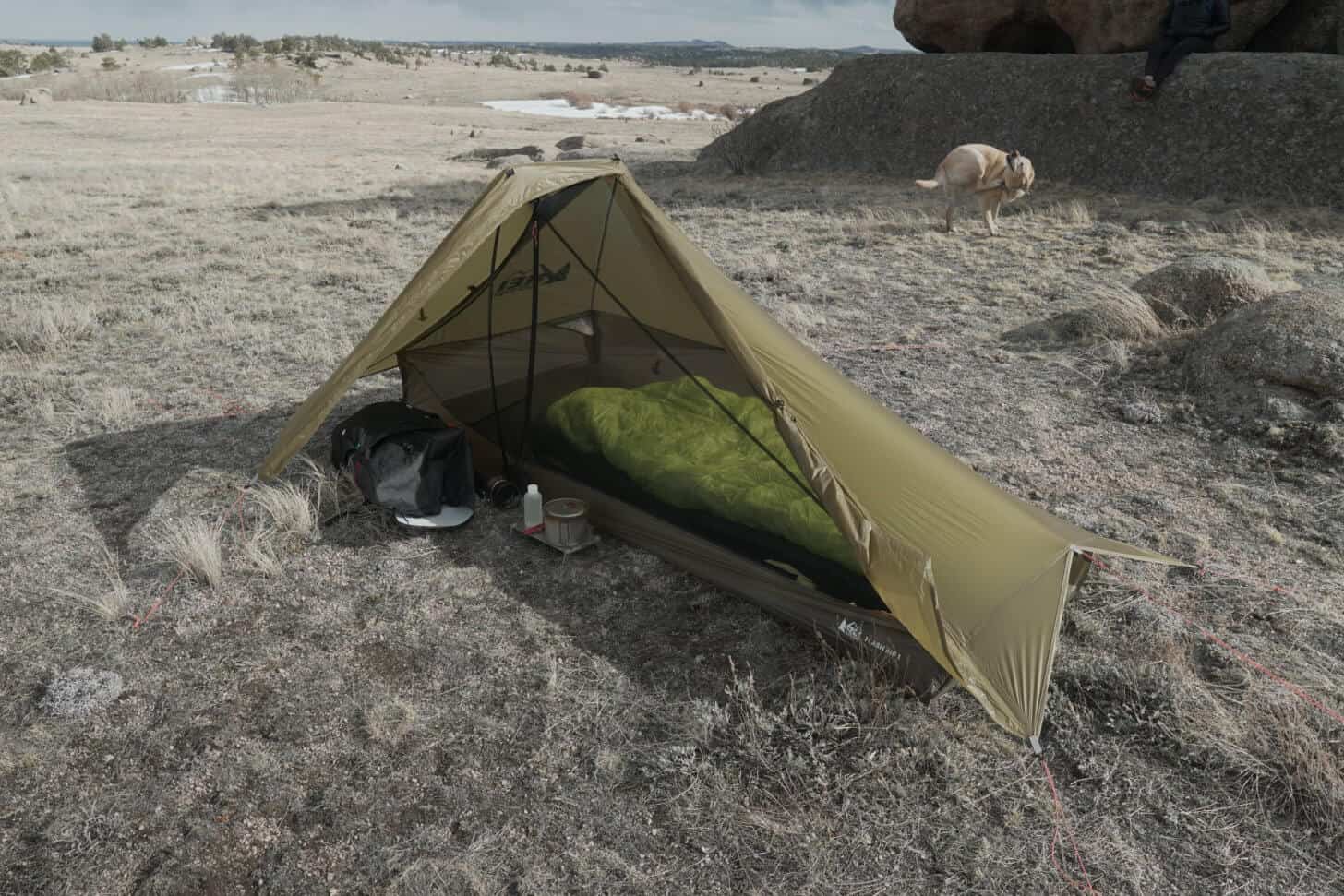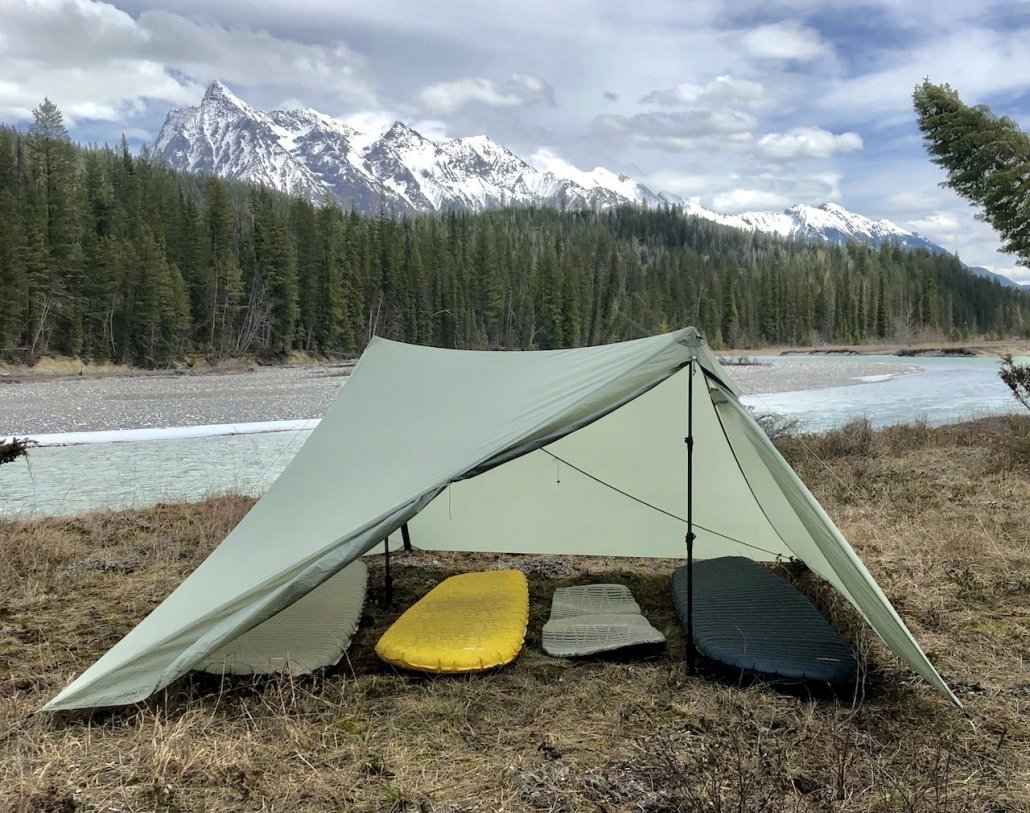Introduction
Camping is a cherished outdoor activity that allows us to disconnect from the chaos of daily life and immerse ourselves in nature. Choosing the right tent is crucial for a comfortable and enjoyable camping experience. Single-walled tents have gained popularity among outdoor enthusiasts for their streamlined design, lightweight construction, and efficiency. These tents combine the tent body and rainfly into a single layer, offering numerous benefits for campers. In this comprehensive guide, we will explore how single-walled tents enhance your outdoor experience. Divided into four parts, each containing two levels of content, this article will delve into the features, advantages, and considerations of single-walled tents.
Part 1: Understanding Single-Walled Tents
Level 1: Definition and Features
Single-walled tents are lightweight and efficient shelters designed for camping in fair weather conditions. Consider the following aspects:
- Integrated Design: Single-walled shelters merge the function of a tent body and rainfly into a single layer, eliminating the need for a separate rainfly. This simplifies the setup process and reduces overall weight.
- Weight and Packability: Single walled tents are generally lighter and more compact compared to traditional double-walled tents. This makes them ideal for backpacking and minimalist camping trips.
Level 2: Types of Single-Walled Tents
Different types of single-walled tents cater to various camping needs. Explore the following ideas:
- Ultralight Tents: Ultralight single-walled tents are designed for backpackers and hikers who prioritize weight reduction without compromising on weather protection. These tents use lightweight materials and minimalistic designs to offer optimal portability.
- Four-Season Tents: Four-season single-walled tents are designed to withstand harsh weather conditions, including snow and high winds. They provide excellent insulation and protection against the elements, making them suitable for winter camping and mountaineering.
Part 2: Advantages of Single-Walled Tents
Level 1: Streamlined Setup and Efficiency
Single-walled tents offer a hassle-free camping experience. Consider the following aspects:
- Simplified Construction: With fewer components and a unified design, single-walled tents are quicker and easier to assemble compared to double-walled tents. This is particularly beneficial when setting up camp in unfavorable weather conditions.
- Lightweight Design: Single-walled tents are lighter and more packable, making them easier to carry during backpacking trips. Their compact size allows for efficient use of limited storage space.
Level 2: Enhanced Ventilation and Breathability
Single-walled shelters provide improved airflow and breathability compared to double-walled tents. Explore the following ideas:
- Condensation Reduction: Single-walled tents often feature integrated ventilation systems or mesh panels that promote airflow and reduce condensation buildup. This helps maintain a drier and more comfortable sleeping environment.
- Enhanced Breathability: The single-layer design of these tents allows for better breathability, as there is no additional layer to trap heat and moisture. This is especially beneficial during warmer weather or in humid camping environments.
Part 3: Weather Considerations
Level 1: Fair Weather Camping
Single-walled tents are ideal for camping in fair weather conditions. Consider the following aspects:
- Rain Resistance: While single-walled shelters offer sufficient protection against light to moderate rain showers, they may not be as waterproof as double-walled tents. Choosing a tent with a durable water-resistant coating and adequate seam sealing is essential for reliable rain protection.
- Wind Resistance: Single-walled tents can handle light to moderate winds, but they may not be as sturdy as specialized four-season tents. Selecting a sheltered campsite and utilizing proper stake and guy line techniques enhance stability.
Level 2: Seasonal Adaptation
With proper planning and consideration, single-walled shelter can be adapted to different seasons. Explore the following ideas:
- Three-Season Camping: Single-walled tents are typically designed for three-season use, making them suitable for spring, summer, and fall camping. Proper ventilation and campsite selection provide a comfortable shelter during these seasons.
- Winter Camping Considerations: While single-walled shelters are not specifically designed for extreme winter conditions, they can be utilized with caution. Adaptations such as insulation and additional weather protection, like snow skirts and snow stakes, are necessary for winter camping.
Part 4: Maintenance and Care
Level 1: Cleaning and Storage
Proper maintenance ensures the longevity of your single-walled tent. Consider the following aspects:
- Cleaning: Regularly clean your tent by gently wiping down the fabric with a damp cloth or sponge. Avoid using harsh chemicals or abrasive cleaners that may damage the water-resistant coating.
- Storage: Before storing your tent, ensure it is fully dry to prevent mold and mildew growth. Set it up in a well-ventilated area or use a clothesline to air it out thoroughly.
Level 2: Repair and Seam Sealing
Periodic repairs and seam sealing maintain the performance of your single-walled tent. Explore the following ideas:
- Seam Sealing: Check the seams of your tent for signs of wear or deterioration. If necessary, reapply seam sealer to maintain waterproof integrity and prevent leaks.
- Repair and Patching: Promptly address any rips, tears, or damaged areas in your tent fabric. Utilize repair kits or specialized patching materials to ensure the tent remains functional and weather-resistant.
- Solo Camping: Single walled shelters are perfect for solo adventurers who prioritize lightweight gear and efficiency. Their compact size and ease of setup make them an ideal choice for those seeking solitude in the wilderness.
Conclusion:
Single walled tents offer a streamlined and efficient camping experience, providing a lightweight and convenient shelter option for outdoor enthusiasts. Their integrated design, quick setup process, enhanced ventilation, and adaptability to different camping conditions make them a popular choice for fair weather camping. By understanding the features, advantages, and considerations of single-walled tents, you can make an informed decision that aligns with your camping preferences and needs. Proper maintenance and care ensure the longevity and continued performance of your single-walled tent. Embrace the allure of streamlined camping with single-walled tents and enhance your outdoor experience with a shelter that combines simplicity, efficiency, and a closer connection to nature’s beauty.
Single-walled tents provide a streamlined and efficient camping experience, enhancing your outdoor adventures with their integrated design, lightweight construction, and versatility. Understanding the features, advantages, and considerations of single-walled tents allows you to make an informed decision that aligns with your camping preferences and needs. Their streamlined setup process, enhanced ventilation, adaptability to different weather conditions, and ease of maintenance make them an attractive choice for outdoor enthusiasts. Embrace the convenience and simplicity of single-walled shelters and enhance your camping experience by immersing yourself in the beauty of nature with a shelter that offers efficiency, portability, and versatility.




